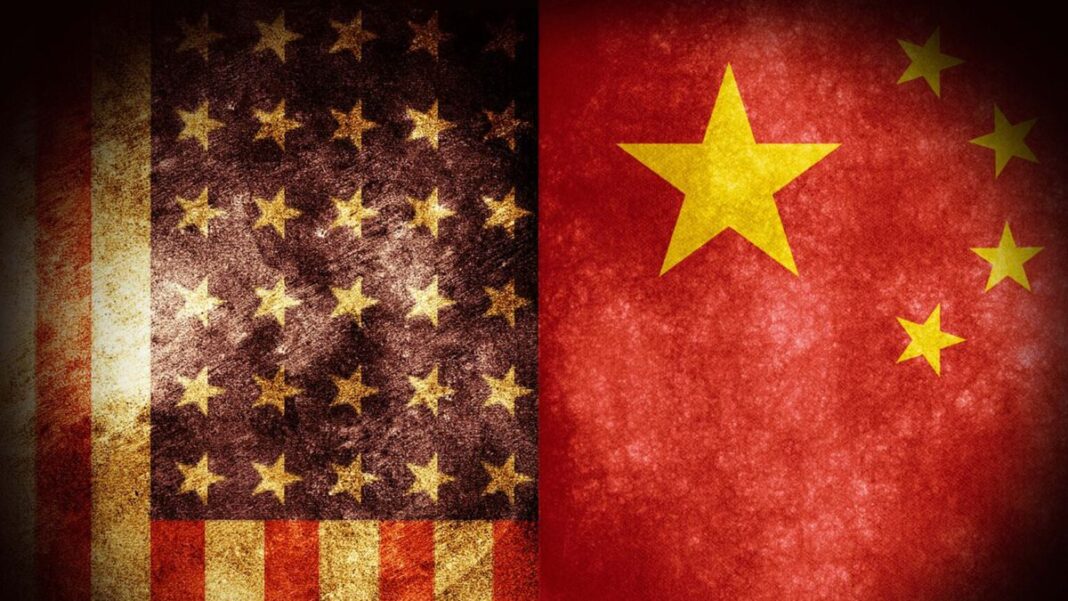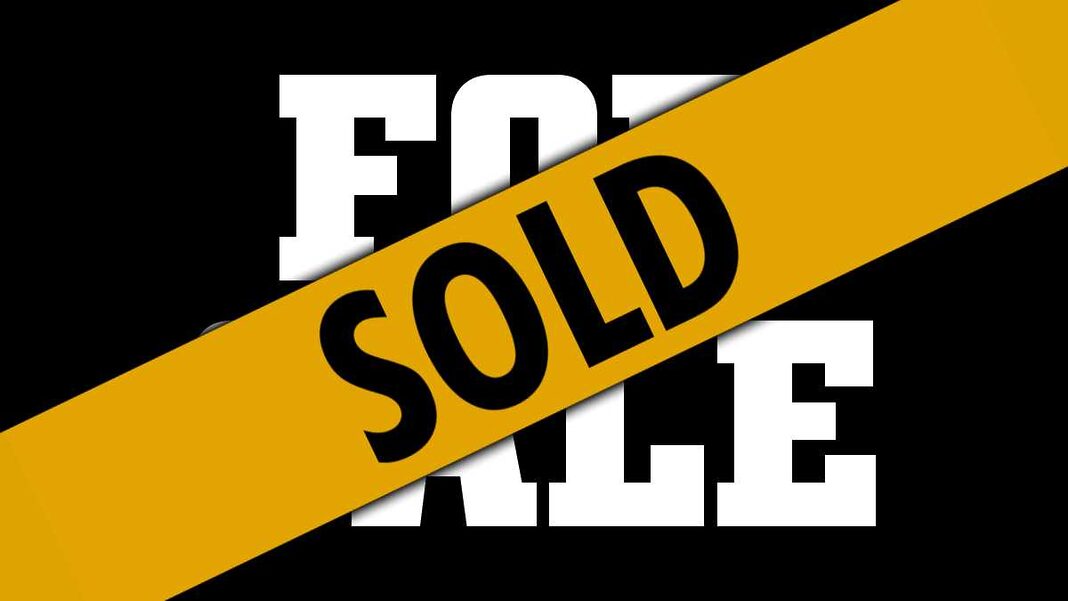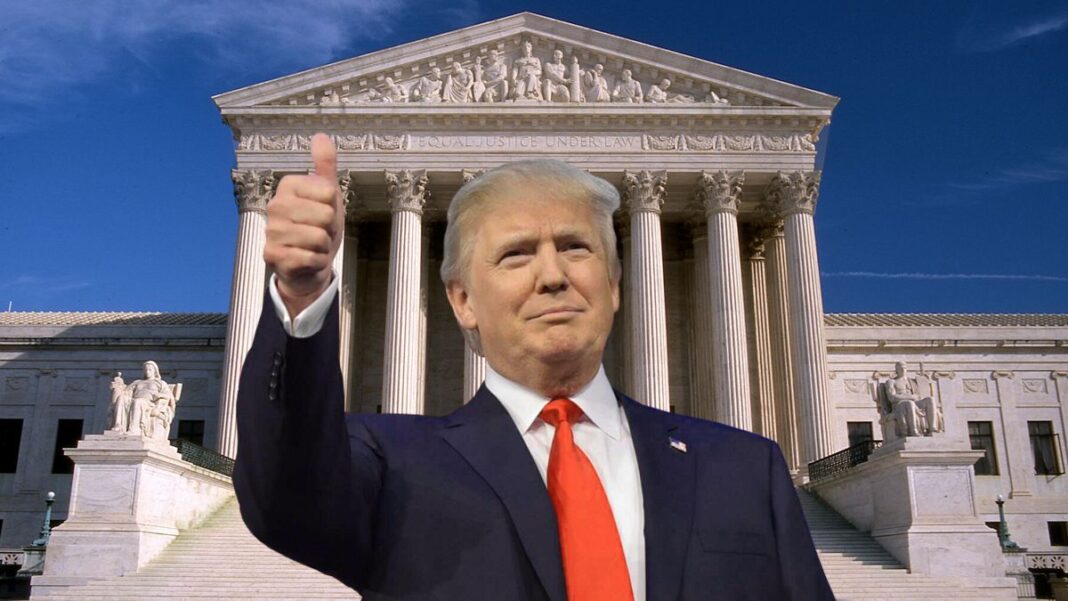The tariffs will come into effect from April 10.
China announced a raft of additional tariffs and restrictions against American goods on Friday, in retaliation of the sweeping tariffs imposed by the United States.
Beijing said that from April 10, it would impose additional tariffs of 34 percent on all American products.
The Chinese Communist Party (CCP) also unveiled controls on exports of medium and heavy rare-earths, including samarium, gadolinium, terbium, dysprosium, lutetium, scandium, and yttrium to the United States, effective from Friday.
As part of the retaliation measures, the Ministry of Commerce added 11 companies to its “unreliable entities list,” including drone manufacturer Skydio and artificial intelligence startup HavocAI.
According to a statement from the ministry, these companies will face restrictions prohibiting them from engaging in import and export activities and from making investments in China.
Beijing also placed 16 U.S. companies on its export-control list, the ministry said in a separate statement.
On top of the tariffs, China also filed a formal complaint against the Trump administration’s tariffs with the World Trade Organization (WTO) on Friday, saying the measures violate the organization’s rules.
“China has filed the WTO complaint with respect to the United States’ measures,” the Permanent Mission of China to the World Trade Organization said in a statement.
U.S. President Donald Trump on Wednesday announced that China would be hit with a 34 percent tariff, on top of the 20 percent he imposed earlier this year, bringing the total to 54 percent, just a few points shy of the 60 percent he touted while on the campaign trail.
China had previously urged the United States to immediately cancel its latest round of tariffs.
On Friday, following the news out of Beijing, Trump wrote in a post on his Truth Social platform, using all caps: “China played it wrong, they panicked—the one thing they cannot afford to do!”
The WTO Secretariat confirmed on Friday that it had received the request for consultations from China.
Bilateral consultations are the first stage of formal dispute settlement and, if no solution is found within 60 days, China could request adjudication by the WTO’s Dispute Settlement Body.
By Guy Birchall and Dorothy Li







